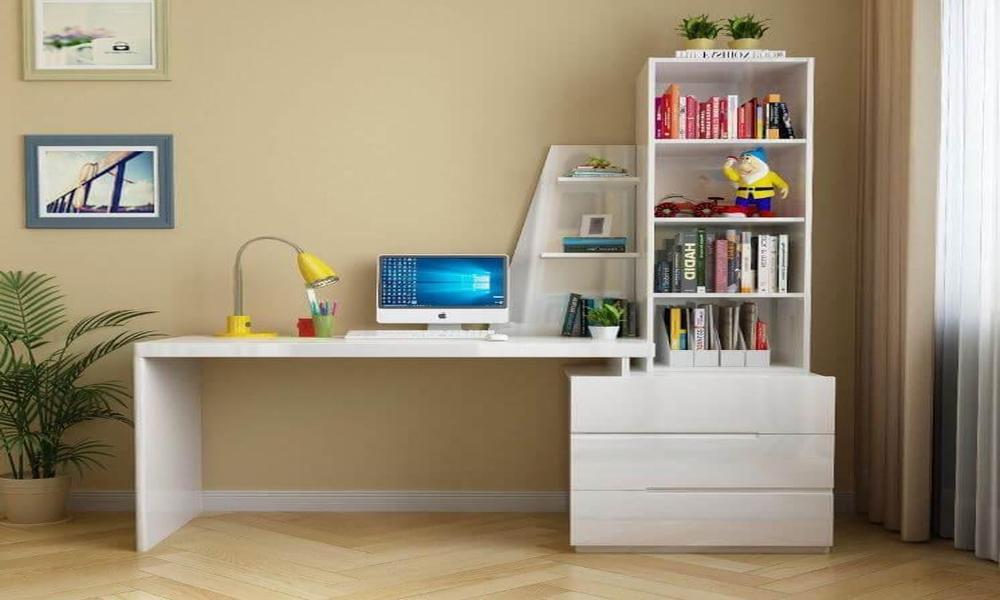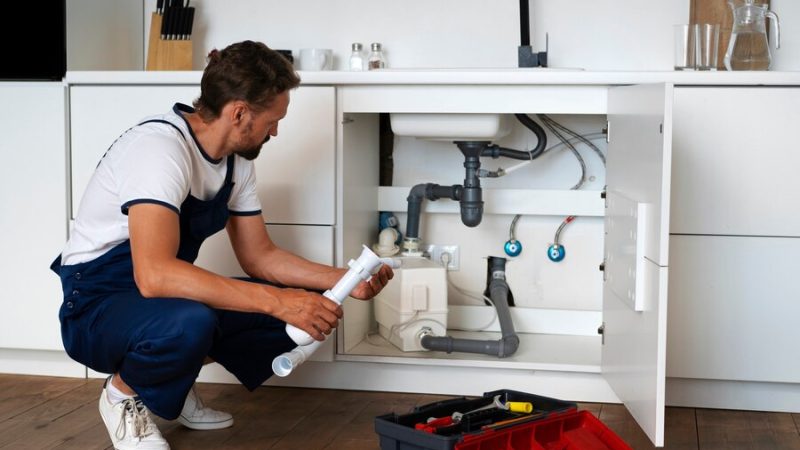What features should I look for in a study desk?

When looking for a study desk, there are several features that you should consider to ensure that you choose the best one for your needs.
Size and Durability:
The study desk should be large enough to accommodate your work materials, such as a computer, books, and notes, as well as leave you with enough space to work comfortably. You want a study desk that is durable and can withstand frequent use without breaking down quickly. Look for a desk made of high-quality materials that are built to last.
Storage and Style:
If you have a lot of materials, it’s helpful to have a study desk that comes with drawers, shelves, or other storage options to keep your workspace organized. The desk should fit in with your style and the overall decor of your workspace. Consider factors like color, material, and design when making your choice.
Ergonomics and Price:
A good desk should support proper ergonomics, with adequate clearance for your legs, a comfortable writing surface, and a design that encourages proper posture. Study desks can range from affordable to quite expensive, so consider your budget when shopping for one. Look for a desk that offers a good balance between features, quality, and price.
How do I choose the right size study desk for my space?
Choosing the right size study desk for your space is essential to ensure that it can be used for other purposes besides studying. Here are some tips to help you select the right size desk:
Measure your space: Before you start shopping, measure the area where you plan to place the desk. Take note of the width, height, and depth of the space to ensure that the desk will fit comfortably.
Consider the desk’s purpose: If you plan to use the desk for other purposes besides studying, such as working on crafts or as a general workspace, you may want to consider a larger desk to provide more surface area.
Think about your storage needs: If you need storage for books, papers, or other supplies, consider a desk with drawers or shelves to keep everything organized.
Think about the height of the desk: A desk that is too high or too low can cause discomfort and strain on your back and neck. Make sure the desk is at a comfortable height for you to work on.
Look for a convertible desk: If you have limited space, consider a convertible desk that can be used for studying and then converted into a different type of furniture, such as a console table or shelf. It’s important to choose a study desk that fits your space, meets your storage needs, and provides a comfortable and functional workspace. By considering these factors, you can select the right size desk for your needs.
What are some tips for maintaining a study desk?
Clean the desk regularly: Wipe the desk down with a clean cloth and mild detergent to remove any dust or debris that may accumulate on the surface. Avoid using harsh chemicals or abrasive materials that could damage the desk’s finish.
Organize your materials: Keep your books, papers, and other supplies organized in drawers, shelves, or storage containers to prevent clutter from accumulating on the desk’s surface.
Use coasters and mats: Use coasters for drinks and mats for writing to prevent scratches and stains on the desk’s surface.
Avoid placing heavy objects on the desk: Do not place heavy objects, such as a computer tower, on the desk’s surface, as this could cause the desk to sag or break over time.
Avoid eating on the desk: Eating on the desk can lead to crumbs and spills, which can attract insects and damage the desk’s finish.
Check for damage regularly: Regularly inspect the desk for any signs of damage, such as cracks, scratches, or loose parts. Address any issues promptly to prevent further damage.






